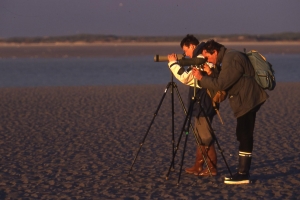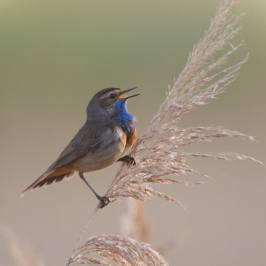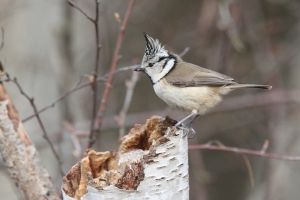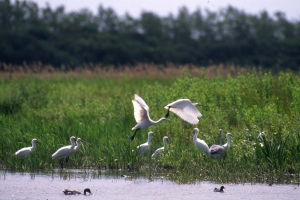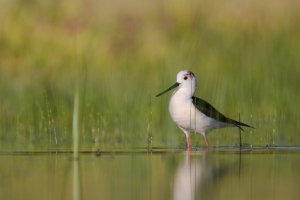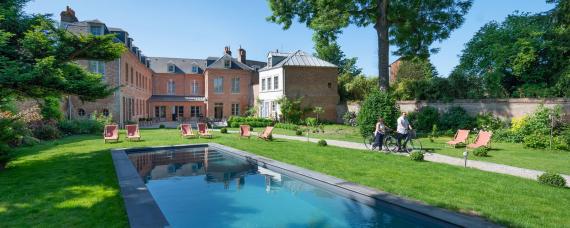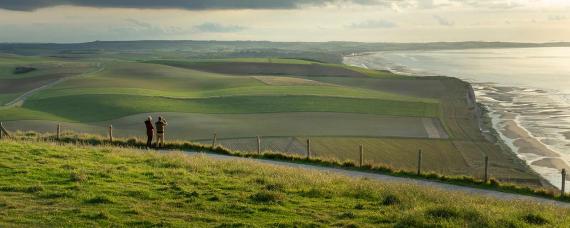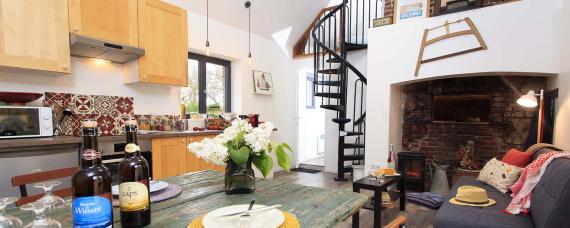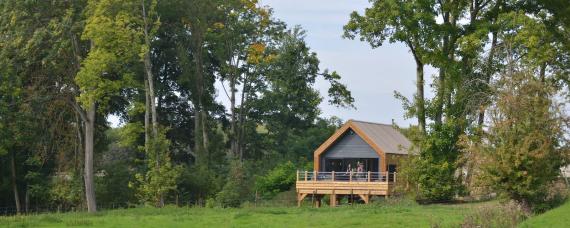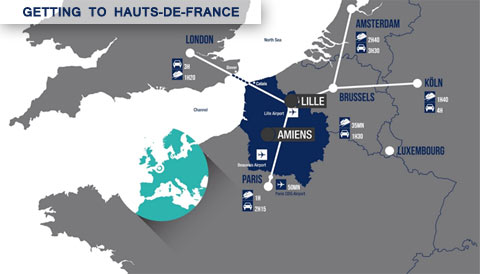Northern France holds a number of excellent bird reserves, from the 250-hectare block of lagoons, mudflats, marshland, reed beds, dunes, and pine woodland that make up Parc du Marquenterre, to the rugged coastline and sites like the Crecy Forest, le Platier d'Oye and les Etangs de Romelaere. Starting from Calais and stretching all down the coast, Northern France is a superb and easily accessible destination for British birdwatchers and nature lovers alike.
Key birdwatching sites in Northern France
Marquenterre bird reserve
Noyelles sur Mer
The vast reedbed at Noyelles-sur-Mer has important numbers of breeding songbirds that are rare, or even absent, from Great Britain. The nearby flood meadows are ideal to search for waders, raptors, duck and rarities.
Crécy Forest
Pointe du Hourdel
Hable d’Ault
Marais d'Isle
Situated in the very heart of Saint-Quentin in Picardy, the Marais d’Isle nature reserve stretches over some 48 hectares.
Just under 160 species of birds have been observed on the site situated on a major migration route : the Eurasian teal, the Sedge warbler, Common pochard, Great crested grebes, Little grebes and certain rarer nesting species such as the Western Marsh Harrier, the Bluethroat, the Eurasian Bittern, the Little Bittern and Savi’s Warbler. Read more
Le Platier d'Oye (Calais)
This is the nearest area of extended marshland to Calais, tucked away in the huge dune system a well-signposted 15 km or so from the ferry. It has hides, disabled access and well-maintained footpaths, and a very productive wader scrape (particularly in spring and autumn) – renowned for rarities – and good stretches of open water.
Etangs de Romelaere (St Omer)
Romelaere has a reputation for breeding Bluethroat, and this species is easier to see at this ancient peat bog, with its rich habitats of water meadow, marshland, reedbeds, pools and patches of woodland all separated by grassy bunds, than at most other sites in the region – try the raised dyke in the centre of the site in particular for sightings of this species, which is now very scarce in the UK.
